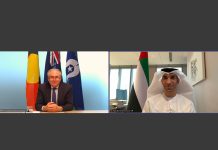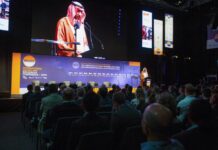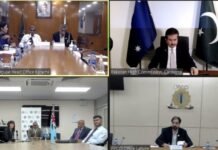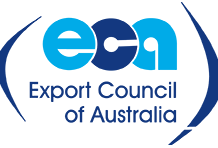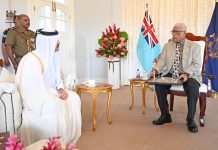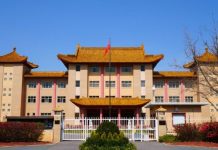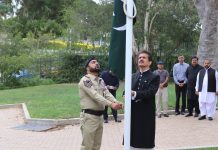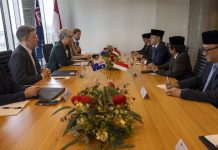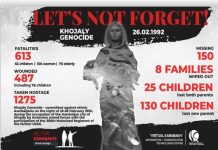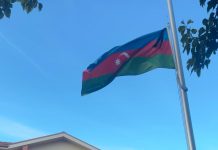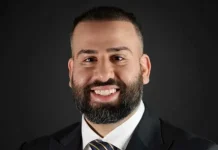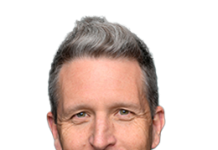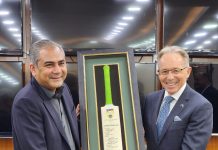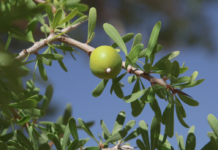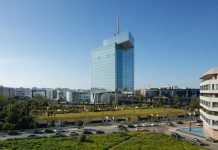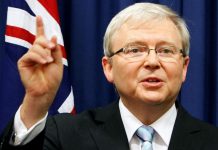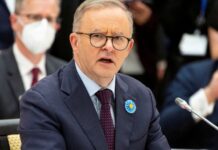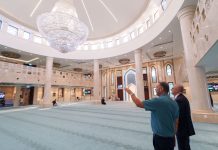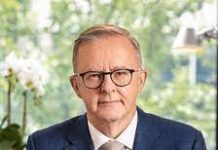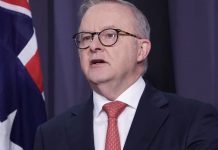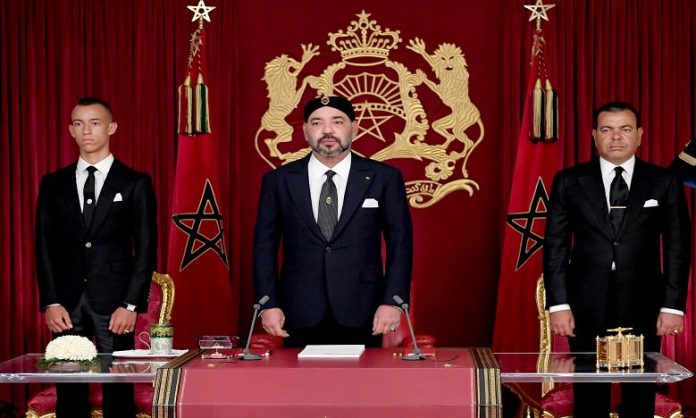People and government of Morocco would gather on 30th July to celebrate the 20th anniversary of the enthronement of HM Mohammed VI, King of Morocco. This day holds a special significance for the people of Morocco as the Throne Day has a strong symbolic meaning for the whole nation.
Throne Day not only reflects the renewal of the act of the allegiance between the Throne and the people of Morocco but also provides opportunity to highlight the achievements of the Kingdom of Morocco under the leadership of King Mohammed.
Under the wise leadership of the Moroccan Sovereign, the Kingdom has made a remarkable progress in a number of fields all over the two last decades.
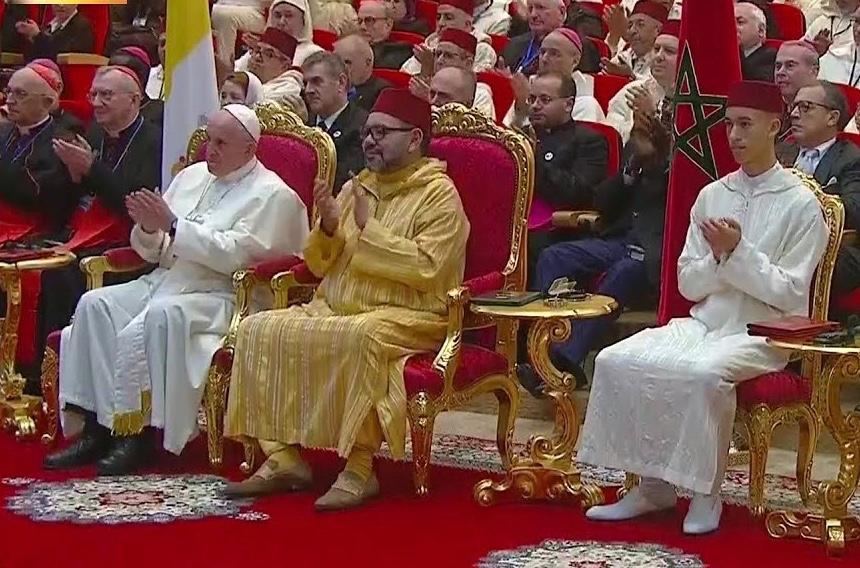
During this period, the Moroccan Sovereign has made of the Kingdom a true pole of stability in a turbulent region. Morocco, has adopted thanks to the King’s vision, an inclusive and democratic approach making of human development a main priority.
In terms of economic development and infrastructures, the Kingdom has increased investment in its ports, transportation and industrial infrastructure to position itself as a golden gate to Africa. It continues to occupy the third place in the MENA region and the first position in North Africa in terms of doing business.
The recent extension of the Port Tanger-Med which has become the largest in the Mediterranean region as well as the launching of the High Speed Train and the concretisation of the objectives of the sectoral strategies (such as the Green Plan 2020, the Tourism plan, the Solar Plan 2030 ..) demonstrate the spectacular advance of the Kingdom, on the economic sphere, in the last decades.
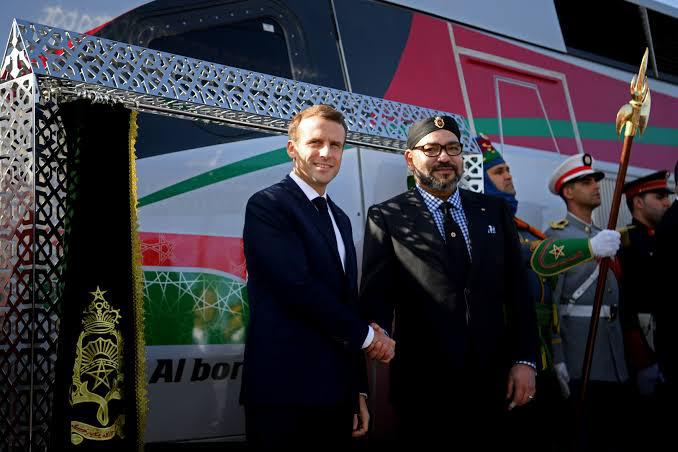
In the automotive sector, Morocco obtains unprecedented results as it has become an auto-hub and set the target of producing 1 million vehicles by 2025. Morocco is, nowadays, the 1st car producer in Africa and the Middle-East region.
The Kingdom has anticipated reforms and adopted a new constitution in 2011, making of linguistic, cultural, societal and religious diversity, main distinctive features of the country.
On the international sphere, Morocco is committed to contribute in the process of bringing positive responses to a number of global issues. In this regard, Morocco spares no efforts, within the relevant international multilateral institutions, to find solutions in terms of immigration, human rights, fight against terrorism and violent extremism, climate change among others.
All over the recent, Morocco, at the initiative of its Sovereign, hosted a number of important international events such the 22nd Conference of the Parties (COP 22) held in 2016 or the UN Conference on Migration in 2018.
During the reign of HM Mohammed VI, the Kingdom reached a stage of maturity in terms of its diplomatic presence. Morocco’s policy is based on a coherent vision which consecrates and reaffirms its civilizational identity. It is indeed a vision which takes into consideration the geo-strategic position of the Kingdom and which adapts itself into the various changes and transformations in the regional and international contexts.

The Sovereign oriented the Kingdom’s foreign policy to defend the country’s territorial integrity, ensure the promotion of the branding name “Morocco”, prioritise the economic diplomacy, concretize the building of a strong Maghreb Union and reinforce the role of the Arab League and to consolidate, above all the ties with the African countries within the scope of South-South cooperation.
The latter figures among the principal orientations of the Kingdom’s Foreign Policy. It is dictated by the cross-cutting nature of common challenges facing the world. In the framework of this continental South-South cooperation, hundreds of cooperation agreements have been signed between Morocco and the African countries following more than 50 visits paid by the Sovereign.
Moreover, the Kingdom of Morocco contributes largely to the promotion of peace, security and stability. It fully assumes its responsibilities when it comes to conflict resolution. This diplomacy has been an integral part of the Kingdom’s foreign policy since 1960.
Morocco has become during the reign of HM Mohammed VI among the main countries that are involved in Peacekeeping operations, with the contribution of more than 2300 elements of the Royal Armed Forces. the Country is currently the 14th troop contributor globally and the second in the Arab World.
One of the most important achievements has been realised, thanks to the far-sighted vision of the Moroccan Sovereign, in the field of religious freedom. The Kingdom established its strategy in this area on multiculturalism, the dynamism of its long-standing historical experience, its principles of moderation and tolerance and the role of the Royal institution and notably the King as the Commander of the believers.
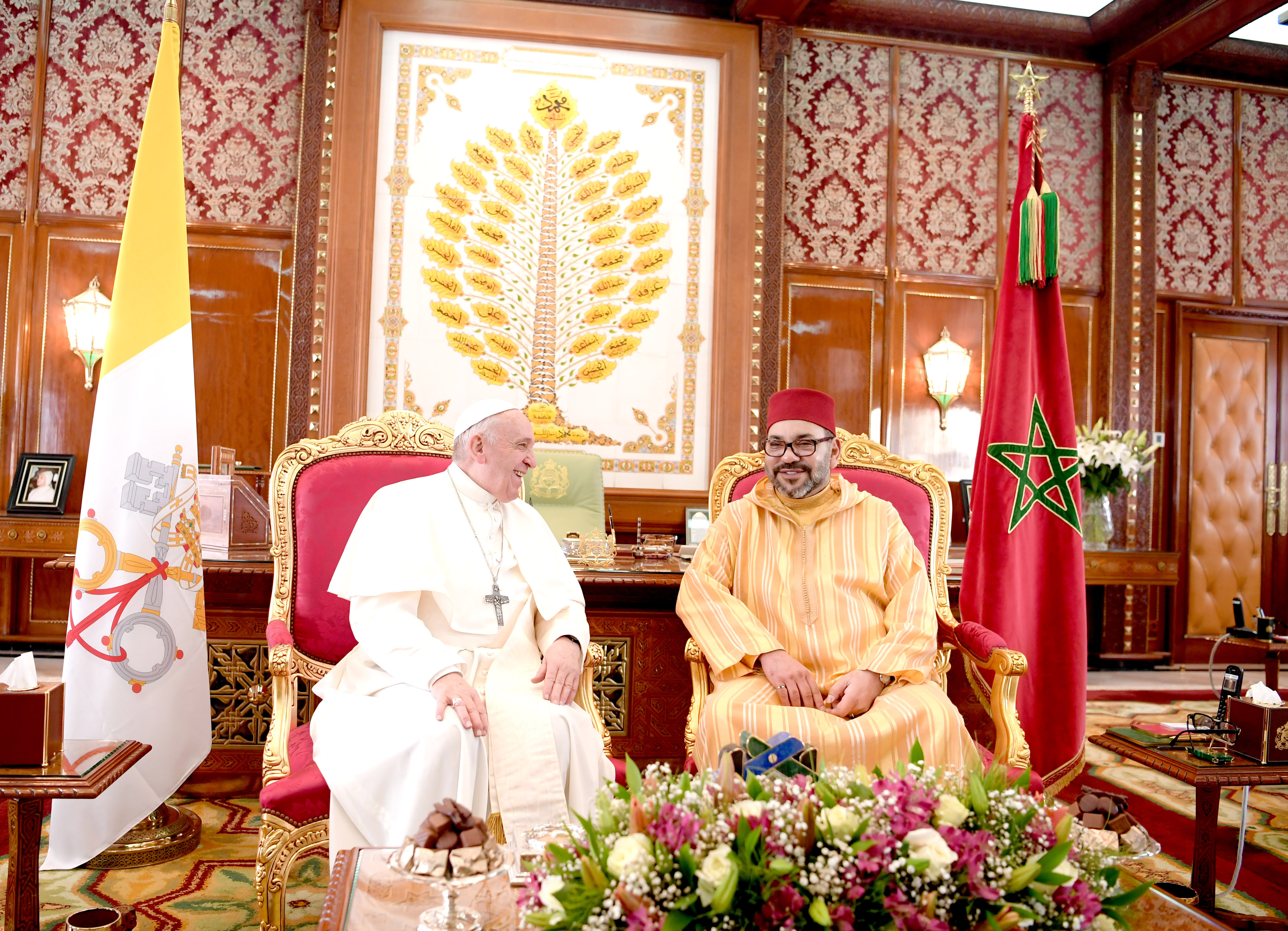
Morocco, a rich and diverse country, relying on its spiritual backgrounds and culture, constructed its identity focusing on a number of ideals which are based on intellectual, social and spiritual co-existence between human beings. Besides, Morocco has attached a great importance to the protection of the universal values of Human Rights and succeeded in encompassing the different cultures and origins in addition to maintaining the enrichment of its non-material wealth.
In its Preamble, the 2011 Constitution draws on the religious and cultural diversity of the Kingdom, stressing: “A Sovereign Muslim State, attached to its national unity and to its territorial integrity, the Kingdom of Morocco intends to preserve, in its plentitude and its diversity, its one and indivisible national identity.
Its unity, is forged by the convergence of its Arab-Islamist, Berber and Saharan-Hassanic [saharo-hassanie] components, nourished and enriched by its African, Andalusian, Hebraic and Mediterranean influences
In order to protect Morocco from extremism and to preserve its identity based on moderation and tolerance, a comprehensive, multidimensional strategy has been established in the field of religious discourse based on refuting the claims of extremism and urging imams and preachers to disseminate the spirit of tolerance and the rejection of immoderation, and to meet the various religious and cultural needs of citizens.
Indeed, the kingdom portrays the fight against extremism as a war of ideas that can be won by preaching a tolerant, moderate and peaceful form of Islam.

All this has made of the Kingdom a model to follow and a safe country in a region devastated by turmoil. New data issued by “Which?Travel” has listed Morocco in the top ten safest countries worldwide, before France or the United States.
The ranking, which assesses crime rates, terrorism threats, risk of natural disasters, and health issues in 20 countries, revealed Morocco as a destination as safe as Australia, Canada and Japan.
On the social level, huge improvements have been made in terms of human rights, gender equality, family code, migration policy..etc. For example, the percentage of women in Parliament increased from 17% to 21% in the 2016 legislative elections. Among the top 10 most influential businesswomen in francophone Africa, there are 8 Moroccan businesswomen.
For its part, the African Migration policy established in two phases to regularize the situation of fellow African citizens has proven to be exemplary.
In light of the challenges ahead, Morocco consolidates, under the guidance of its King, its reform process, continues its march towards democracy, with determination to guarantee sustained economic and social development for the benefit of its citizens.



